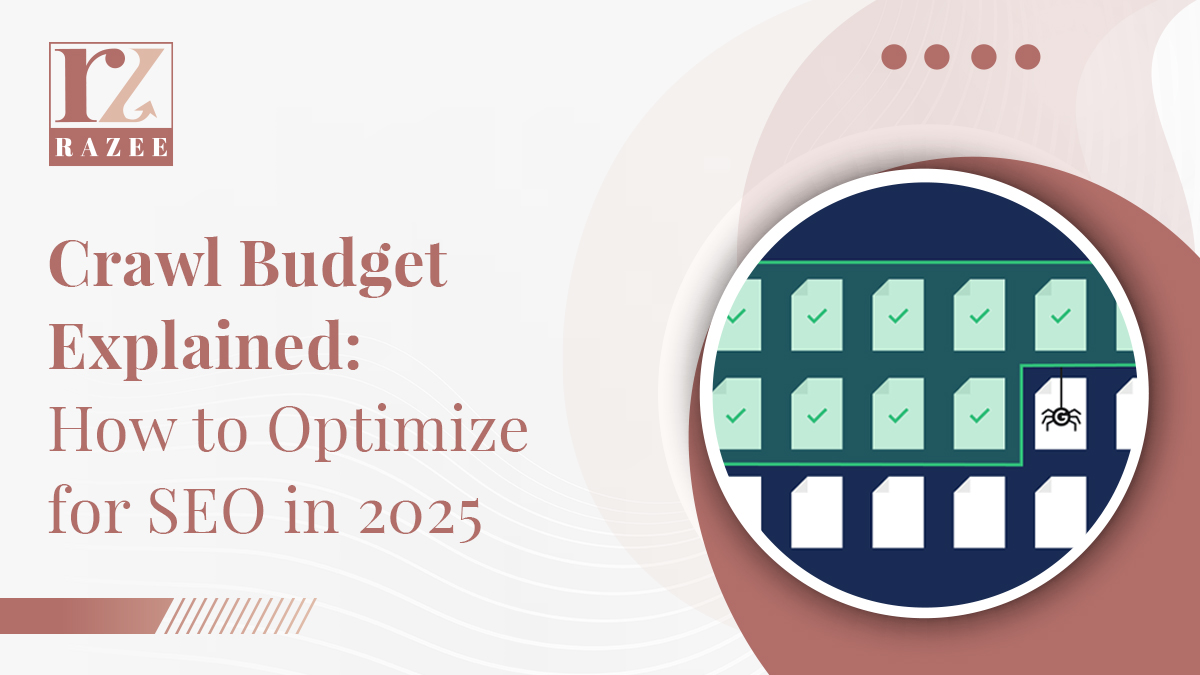It is impossible to overestimate the significance of having an SEO-friendly website in the quickly changing digital world. A website that is optimized for search engines improves its visibility and offers a smooth user experience. We examine the important reasons why your website should be search engine friendly in this in-depth analysis, providing nine crucial pointers for success.
1. Increased Visibility and Ranking
Improving your website’s visibility on search engine results pages (SERPs) is one of the main goals of making it SEO friendly. A website that has been optimized for search engines is more likely to appear higher in search results, which makes it easier for potential visitors to find. Because users frequently click on results that appear on the first page of search engines, this increased visibility is essential for bringing organic traffic to your website.
With millions of websites vying for viewers’ attention in the crowded online space, SEO is a tactical tool for getting noticed. Using pertinent keywords, meta descriptions, and other SEO components helps your website rank higher and show up prominently when people look for content that is similar to it.
2. Enhanced User Experience:
Beyond just optimizing keywords, an SEO-friendly website puts the user experience first. An efficient SEO strategy must include elements like mobile responsiveness, quicker loading times, and seamless navigation. Users will have a better experience and fewer bounce rates when they can simply find the information they need and navigate your site with ease.
Websites that offer a positive, user-friendly experience are frequently rewarded with higher rankings by search engines, which use user experience as a ranking factor. As a result, spending money on SEO increases your website’s exposure on search engines while also giving users a better, more enjoyable experience.
3. Increased Website Traffic:
An increase in organic traffic to your website is directly correlated with higher search engine visibility. Because results on the first page of search engine results are more likely to be clicked by users, SEO is a key factor in generating organic traffic. You can draw in relevant customers who are actively looking for the goods, services, or information your website provides by putting SEO tactics into practice.
Relevant content production, keyword optimization, and well-planned link building are essential SEO elements that help draw in a specific kind of visitor. Your website becomes a go-to source for people in your niche or industry as it rises in search engine rankings.
4. Trust and Credibility:
Users tend to view websites that consistently rank higher on search engines as more reliable and credible. Because users tend to equate higher search engine rankings with authority and dependability, SEO is a crucial strategy for establishing credibility online.
Developing informative, valuable content, optimizing for pertinent keywords, and obtaining high-quality backlinks are all necessary to establish authority through SEO. Users grow to trust your website as they see it in their search results on a regular basis, which eventually boosts brand credibility.
5. Improved Conversion Rates:
In addition to drawing more traffic, an SEO-friendly website also increases conversion rates. You can create an environment that is favorable to conversions by matching your content to the intent of your users and offering a seamless user experience. Customers are more likely to interact with your website and complete desired actions, like making a purchase or completing a contact form, if they can swiftly locate the products or information they’re looking for.
Understanding your target market, catering to their needs, and making sure your website lives up to expectations are all necessary for effective SEO. Users are more likely to become subscribers or customers when they have a positive experience on your website.
6. Adaptation to Algorithm Changes:
Search engines constantly improve the accuracy and relevancy of their search results by updating their algorithms. A website that is optimized for search engines can adjust to these algorithm changes, maintaining its effectiveness and visibility over time. Keeping up with industry trends, optimizing for new keywords, and updating content frequently are essential for staying ahead of algorithmic changes.
An essential component of effective SEO strategies is flexibility. Long-term rankings and visibility are better preserved by websites that adapt to shifting search engine algorithms. You can future-proof the SEO efficacy of your website by continuing to be proactive and sensitive to algorithmic changes.
7. Mobile Optimization:
Search engines give preference to mobile-friendly websites in their rankings due to the widespread use of mobile devices. Mobile optimization is a component of an SEO strategy that makes sure your website is viewable and easy to use on a range of devices. In addition to reaching a larger audience, mobile-friendly websites also help them rank higher in mobile search results.
Faster loading times, responsive design, and effective navigation on smaller screens are all components of mobile optimization. Because mobile devices are used by a large percentage of internet users to access websites, mobile optimization is essential to preserving and enhancing search engine visibility.
8. The Competitive Edge:
An SEO-friendly website gives you a clear competitive advantage in the cutthroat digital market. Gaining an advantage over rivals in search engine rankings can have a big impact on your online success and market share. Websites that rank highly in search results are preferred by users, and a strong SEO plan establishes your website as the authority in your niche or industry.
Competitor analysis must be done in-depth if SEO is to give you a competitive edge. Keeping an eye on rivals’ search engine optimization tactics, pinpointing areas for development, and utilizing unique selling propositions all help to preserve a competitive edge.
9. Cost-Effectiveness Factor:
SEO is a more affordable digital marketing tactic when compared to traditional advertising methods. Conventional advertising can be very expensive and yield less precise or quantifiable results. However, SEO targets users who are actively looking for pertinent products or information, which makes it a more effective and economical strategy.
The economical nature of SEO is influenced by the clever use of keywords, the production of high-quality content, and the deliberate development of links. Through a focus on organic traffic and long-term results, companies can attain sustainable growth and allocate resources more efficiently.
Conclusion
Making your website SEO-friendly is a strategic decision with far-reaching effects on your online success, rather than just a technical one. The advantages of SEO are numerous and significant, ranging from enhanced user experiences and cost-effectiveness to increased visibility and credibility. You can create a strong online presence that draws in visitors and turns them into loyal customers by implementing these nine crucial tips into your website development and digital marketing strategy. Accept the power of SEO, and watch as your website breaks new ground and soars through the digital ether.



